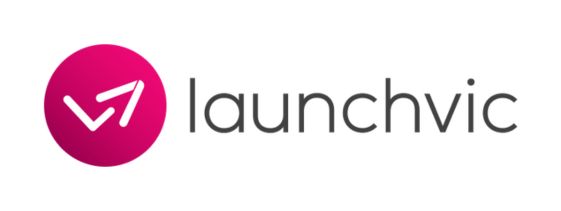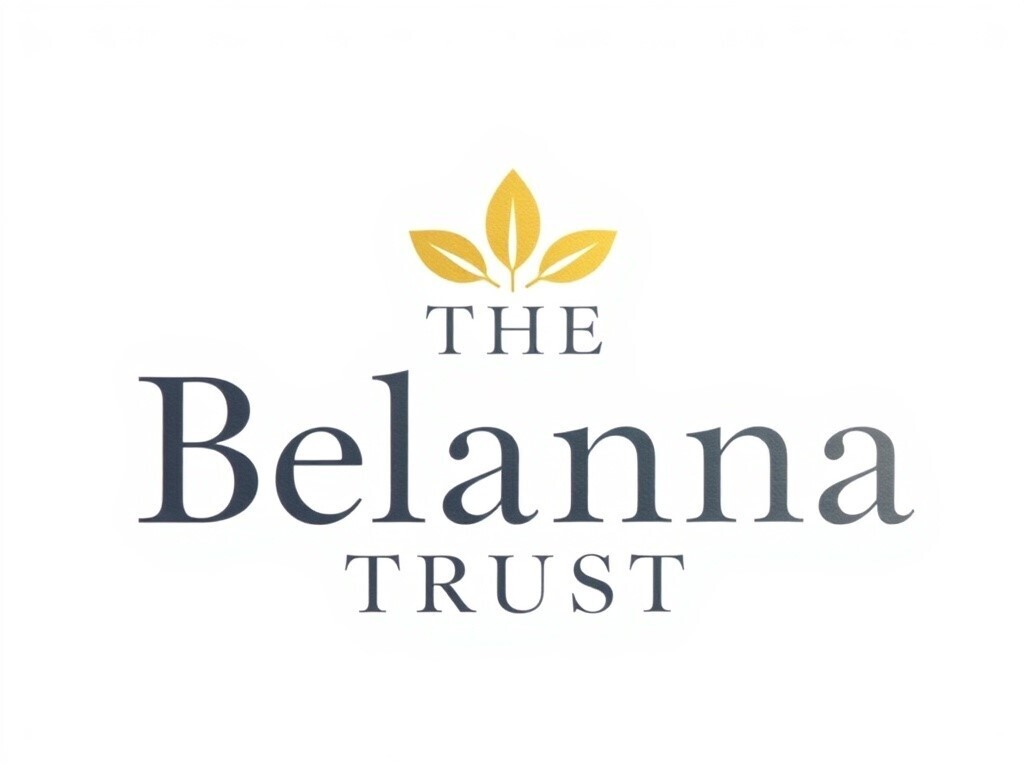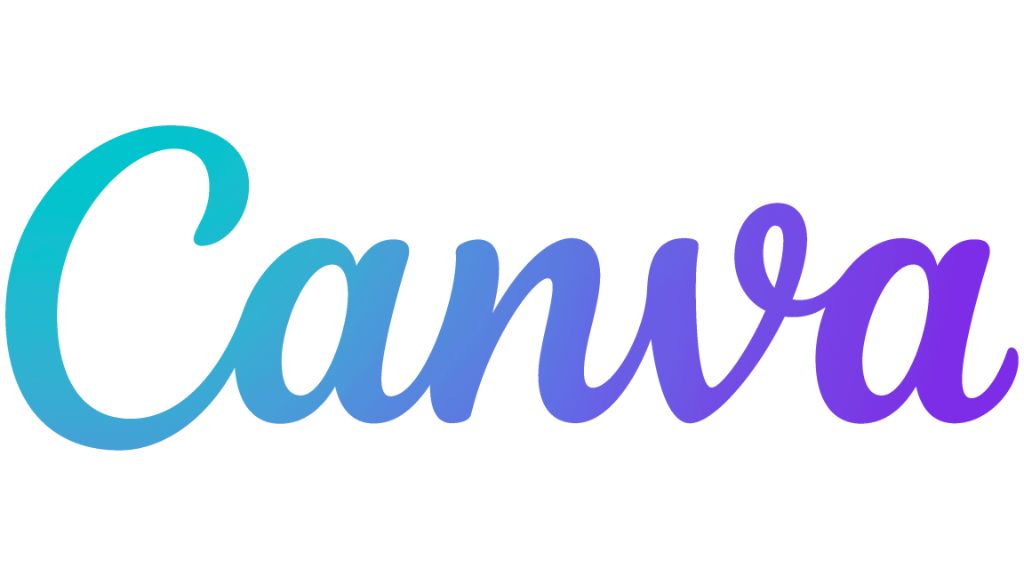Anna Wright - Transforming Navigation with BindiMaps
You can also stream this episode on Spotify or Apple Podcasts.
Episode Transcript
To access a transcript of this episode click on the drop-down button below.
[00:00:00] Voice Over
We would like to acknowledge the traditional owners of the lands on which we record this podcast. The Gadigal people. This is their land, never ceded, always sacred and pay respects to the elders past, present, and emerging of this place.
[00:00:16]
(Bright, uplifting music with electronic beats and cheerful synth melodies.)
[00:00:17] Voice Over
Coming up on Remarkable Insights
[00:00:19] Anna Wright
Almost like when something is assistive and people know that it's assistive, they're like, well, but I don't have a disability, even though it could be really useful.
[00:00:31] Kate:
Hi, I'm Kate Jenkins. In this episode, Anna Wright, CEO and founder of Bindimaps, shares the journey of how her lived experience led to creating technology that transforms navigation for all. Anna discusses the future of disability tech, the challenges of balancing social impact with commercial success, and how non-technical founders can lead innovation.
So good to see you, Anna. So first off, I want to ask you, how has your lived experience shaped your journey of being a disability tech innovator and entrepreneur extraordinaire?
[00:01:08] Anna Wright
Look, Kate, I think always lived experience makes you realise that you need to reach out to lots of other people with lived experience to, you know, we don't ever want to be solving problems for people by imagining what that is like. So it's yeah, it's always been really important to me to be well, well into the community and talking to as many different people with different experiences to find out how we can solve different problems, if we can even solve different problems. Yeah, because it's a pet hate of mine when somebody goes look, look, I've just imagined this and this is going to solve all these problems.
[00:01:46] Kate:
Yeah, absolutely. And I know with your own experience, do you want to tell us a bit more about that and how long into your own lived experience you came up with the idea for Bindimaps?
[00:02:00] Anna Wright
So I was diagnosed, I have a very very rare retinal condition, so rare that it doesn't really have a name, sort of has a name, but it's also very medical, no nice little slang. I was diagnosed when I was working as an academic and a consultant, so was quite a long time ago. At that time, when you're diagnosed with a retinal condition that should have already left me blind, I've got a brilliant surgeon, so I'm not blind yet, but you start having a look at what are all of the different assistive technologies that you could use and I realised that with screen readers and all of those really cool things, I would still be able to do my job. The problem was always going to be, especially as an academic working in a very busy university in Sydney, how I was going to find, even if it was a lecture theatre that I had lectured in many many times, how was I going to find it? Was I going to have to wrangle some student to have to take me around, heaven forbid if the lecture theatre changed. So that was where I probably, no not probably, I was desperately naive and I was like, well if one of the big mapping providers isn't going to solve this for me, I'm going to have a look to see whether we can solve it. And that started the journey.
[00:03:21] Kate:
So how can start-ups in the disability tech space balance the tension between making a social impact and being commercially viable? What strategies can founders use to achieve both? Because I know this is something that has been, you've achieved a lot of success already and I know there's still a lot more growth for you to go.
[00:03:47] Anna Wright
Thanks Kate. We battle with this all of the time though. You know, even at the beginning of this podcast, I said to you, yes, we started as the app for people who are blind or low vision. And now we're for everyone because That's very much when you're trying to prove return on investment to a shareholder, a potential shareholder or to a customer. Again, they go back to general use case, which I absolutely hate because again, they just mean middle-aged white men and it's not that general, but that's where the thinking is.
[00:04:16] Kate:
I think that's great advice, thinking about how you can tap into those things because that's super important to overcoming those barriers. I mean, there other big barriers that you see for startups in the disability tech space, you know, in terms of the barriers to them being able to scale and gain that broader recognition outside of just the disability tech world?
[00:04:41] Anna Wright
Well, again, I can talk to my experience and so often we get sort of talked down to as like we're the app for people who are blind. So yeah, that can be a bit of a barrier. There seems to be something that people, they don't even realise sometimes that they're using assistive technology, like Siri. Siri wasn't designed for the middle-aged white male. Siri was designed originally as a piece of assistive technology. but it's almost like when something is assistive and people know that it's assistive, they're like, well, but I don't have a disability. I don't, I don't want to use that even though it could be you know, really useful. Yeah, I think my experience is that it is tough. It is tough to break away. And sometimes you need to be, when you're talking to certain people, very general in the way that you talk about things. And quite often I will talk about Bindy Maps as just being an app that helps everyone find their way around. And if people are curious about what I mean by everyone, I will dive into that.
[00:05:45] Kate:
I want to talk a bit more about other partnerships that you have. So with your partnerships with like Australia Post and Ability Fest, how do you see these collaborations influencing other industries to prioritise accessibility?
[00:04:00] Anna Wright
Well, again, they're big names that are out there. So first, Australia Post as a reference customer has worked really well. We love working with Australia Post because they are, the reality is those post offices that we are doing for them, they are tiny. So if you were sighted, you'd be going, what on earth would, you know, and it's not there for people who are sighted. And Australia Post has made that commitment, that it's to help their customers who are blind or low vision to be able to independently, so Bindi is just a shortening for be independent. So to be able to independently find the Express Post envelopes. And because we have accuracy to 30 centimetres, then we can help Australia Post achieve those goals.
[00:06:49] Kate:
And how do you go about keeping things up to date? So you've got all these businesses, shopping centres, shops, you know, Australia Post and events, but they go through major transformations or renovations sometimes. Did they keep you updated? And the reason I ask this is Angus, who's our producer of the podcast, was recently at Sunshine Coast Airport and he was using this as an example that they've just been transformed. They've got Bindy maps there, but have you been updated on that experience?
[00:07:22] Anna Wright
Yeah, look, absolutely. So the way that we've structured our business model is that we sell to the, so to Sunshine Coast Airport and then part of their subscription is that they have these updates. So the reason the Sunshine Coast Airport put Bindy Maps in place was because they were doing all these renovations. They were getting these nasty Google reviews because people were getting lost all the time because the Uber pickup was there and then it was there and then it was who knows where. So yeah, that's what we're doing. And because it's a tech solution, we can just update that in the background. It's not like we have to run around with a hundred physical signs and replace them every time or move them. So yeah, it's one of the beauties of doing things as a digital product is to be able to update it. But we do rely on the building owner or manager to contact us. There is also a feedback bit in the app and we have occasionally had that where we've had users that have been very kind and going, hang on a moment, this shop's moved or it's different and then we can contact the business and do the same sort of thing. Like, by the way guys, we've had this bit of feedback that it's gone from being this to that because maps are only as good as they're able to be updated.
[00:08:45] Kate:
What advice would you give entrepreneurs who want to start a tech startup or particularly disability tech company but don't have a technical background. And how important do you think that that is and how important is it to building the right team?
[00:09:01] Anna Wright
It's sort of a little bit like talking to people with lived experience. If you don't have a technical background, you're going to have to find somebody with lived experience in technical background to co-found with or to have as a senior, you know a CTO or a CPO, Chief Product Officer, that can really help you.
[00:09:22] Kate:
Finally, could you please leave our listeners with a remarkable insight about disability technology and innovation?
[00:09:30] Anna Wright
My big things is that if you design universal design, you're going to pick up way more people than the ones that you think that you were designing for. So that means that you doing way more good and way more impact than you can possibly even imagine and you made mention of stories, I love it when I hear from users from all sorts of different backgrounds and experiences and that they were able to use Bindi because they needed to do this sometimes it's just really boring but sometimes it's like oh my goodness I never like I never thought you could use it like that but that's really cool. So for, you know, people who have high levels of anxiety, who pre-pin all of their meetings for the day in their place of work, that's not what we designed it for, but it helps reduce anxiety because everything's organised and then they just clear out the pins as they go through their day. So that's an example. So yeah, I would say to everybody that's working in disability tech, like keep going. It can be tough, but it's well worth it.
[00:10.41] VO:
The full interview with our guests can be found in the link below where you press play on this podcast, our show notes. Make sure you subscribe or hit follow to not miss another remarkable insights episode.
Episode Overview
Meet our Guest
Anna Wright is the Founder and CEO of BindiMaps, a navigation app that revolutionises the way we navigate indoor spaces. With over 24 years of experience as a business consultant and a senior lecturer, Anna has a PhD in Accounting and is a Fellow and Practicing Certificate holder of Chartered Accountants Australia and New Zealand, as well as a Registered Tax Agent.
Anna developed the idea for BindiMaps after undergoing years of major surgery to save her own eyesight, which inspired her to create a more accessible world for people with vision impairment. BindiMaps is an award-winning smart cities technology startup that provides a navigation tool that works where traditional GPS does not - inside major public precincts such as university campuses, airports, shopping malls and office buildings. BindiMaps offers increased convenience for most, while fundamentally changing the lives of people with vision impairment, allowing them to navigate public spaces independently and safely. Anna is a recognised leader in the startup ecosystem, lighting a path for non-technical founders to start and build tech companies that can change the world. She was nominated for 2019 Australian of the Year and listed as one of the top 10 Australian Entrepreneurs for her leadership and commitment to creating a more inclusive world through BindiMaps.
Video Highlights
Check out some of the highlights of this episode of the Remarkable Insights podcast, now featured in our captioned video reel!
Key Quotes
Below are some of the key quotes that capture the essence of our discussion:













